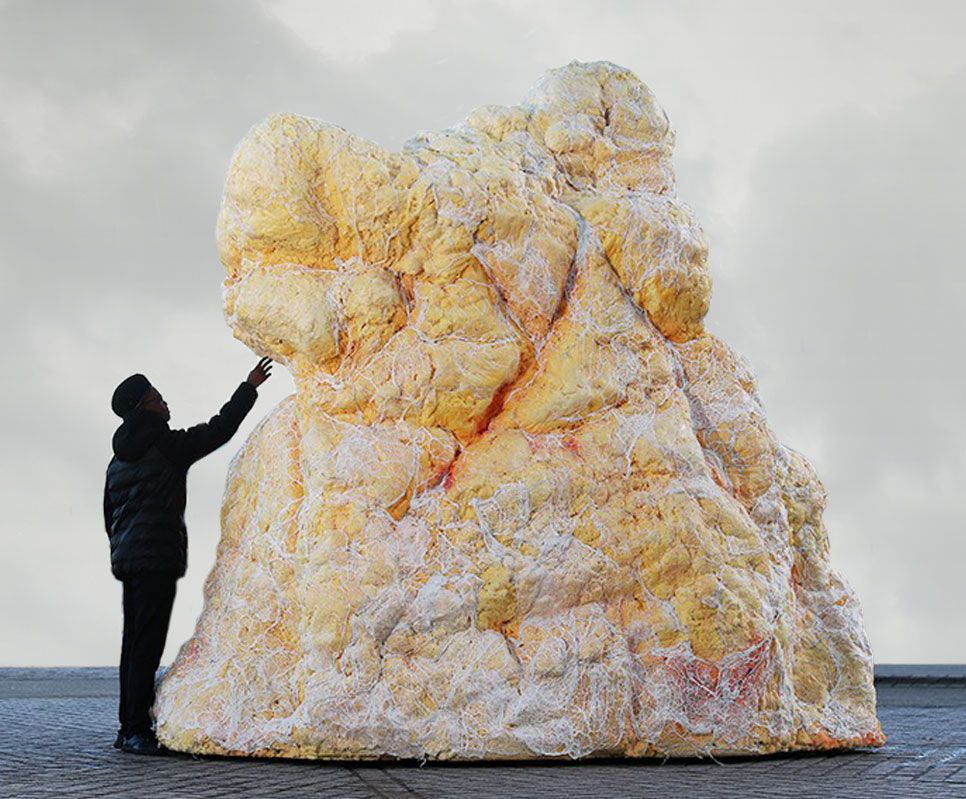
UK Drainage Habits Survey 2024: Are We Reducing the Risk of Fatbergs?
Wednesday 30th October, 2024In recent years, pollution in the UK’s rivers and seas has continued to escalate, compounded by the growing threat of severe flooding. Blocked sewers and drains are a critical factor worsening these environmental challenges, prompting the question: does the British public possess the awareness and commitment needed to address these issues and reduce the risk of fatbergs forming?
To assess this, Unblocktober conducted a survey exploring public knowledge of proper drain care and the extent to which people are taking active steps to reduce their environmental impact. This survey also seeks to uncover the public’s perspective on the measures required to combat issues like fatbergs and pollution within the UK’s waterways.
This year, 633 adults across the UK responded to the survey, providing valuable insights into the habits, awareness levels, and actions that may influence the health of our environment for years to come.
Key findings:
- 93% are concerned or extremely concerned about pollution entering our environment, down 1% from the equivalent survey carried out last year
- 4% are not concerned
- 3% are neutral
- 24% are very worried about the environmental damage caused by putting the wrong items down the toilet and drain, down 16% from last year
- A further 38% are worried, down 3% from last year
- 28% are slightly worried, up 4% from last year
- 8% are not worried, up 4% from last year
- Only 7% think that environmental campaigns are positive and help to limit environmental damage effectively, down 8% from last year
- 33% think that they don’t achieve their goals, up 5% from last year
- 58% think that they are positive but are not achieving their goals quickly enough, up 6% from last year
- 2% think that they do more harm than good, down 4% from last year
- 70% are concerned or extremely concerned about the environmental impacts of poor drain health, down 3% from last year
- 26% are neutral, up 6% from last year
- 3% are unconcerned, down 1% from last year
- 91% have heard of the term fatberg, up 5% from last year
Most people can identify the items that create fatbergs
According to the survey, there is an encouraging general awareness and understanding of fatbergs and their dangers:
- When asked to identify the items that contribute to the formation of fatbergs, 78% correctly said fat, oil and grease from cooking. The next most commonly recognised causes were sanitary towels (66%), wet wipes (56%), cooking sauces (50%) and tampons (50%)
- However, relatively few identified razor blades (33%), food crumbs (32%), contact lenses (31%) and medication (26%)
- The respondents were asked to pick a statement that best represents their attitude towards what items they put down the toilet and drain. The most common answer, with 56% of the responses, was ‘I am very aware of what should and shouldn’t go down the toilet and sink’. The next most common answer, with 24% of the votes, was ‘I am trying to reduce what I put down the toilet and sink’. 13% of the respondents related to the statement ‘I need more education about what should and shouldn’t go down the toilet and sink. Only 7% know what shouldn’t go down the toilet and sink but do it anyway, and under 1% don’t think about what they put down the toilet and sink at all.
- The survey then asked what the respondents thought was the main barrier to changing the behaviour of people who contribute to fatbergs and pollution in our waterways. Most respondents (39%) said education, 29% said laziness, 11% said an ‘out of sight, out of mind’ attitude, 8% said inconvenience, 5% said no incentive to change, 4% said that there was no alternative to dispose of products, and 2% said cost.
The public understands the consequences of fatbergs
- When asked what problems fatbergs can cause, 82% correctly responded that they can cause blocked drains in local communities. The next most recognised problems were foul waste in flooding (71%), blocked sewers (68%), blocked drains (63%), and water pollution (56%)
- The least recognised problems were damage to roads (44%), damage to buildings (42%), and plastic pollution (41%)
- Despite the generally high awareness of what contributes to creating fatbergs, and the problems they cause, 58% admit to having poured oil or fat down their kitchen sink in the past
- This act varies in frequency, with 55% saying that this occurs less than once every three months. However, 18% admit to doing this once a day on average, and 10% do so three times or more a day on average.
Help the Unblocktober cause
To improve the health of our drains, sewers and seas, take the Unblocktober pledge today. Sign up for our national campaign and improve your everyday habits.

